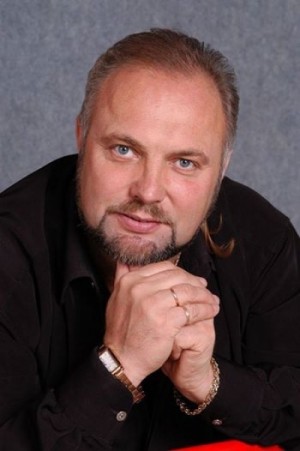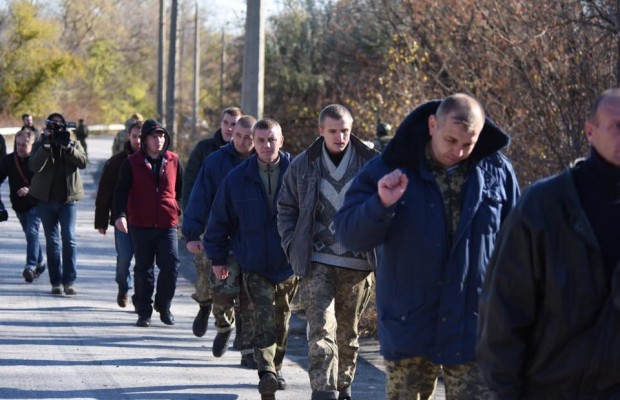The poet and composer Mykola Prysiazhniuk, director of the Donetsk Center of Slavic Culture, was brutally murdered in Donetsk during the night of April 1. He was a native of Ivano-Frankivsk
The tragedy was first reported on Facebook by his friend Olena Reznikova, who, according to media reports, is the deputy editor in chief of the children's publication Shyshkyn Lis (Shyshkyn Forest).
"Last night Mykola Prysiazhniuk departed for the next world," she wrote. "He was composer, poet, director of the Center of Slavic Culture. He actively developed this center at the highest level. He was a man who through his creativity harmoniously united the East and West of Ukraine. He loved life and was able to transform it into a permanent celebration even in the smallest details. A huge, handsome man who was interested in everything …At night some vermin broke into his building in search of gain and murdered him. He died a martyr's death. And the continuing war in Donetsk makes it impossible to say goodbye to him. Rest in peace Mykola Vasylovych!" she wrote.
Information about Prysiazhniuk's murder was confirmed by the so-called Donetsk police.
"Yes, he and a female resident were discovered with signs of violent death. An investigative team from the Budionivsk district police department of the Donetsk city government arrived immediately at the scene of the crime. Investigative and search activities are being conducted," a police spokeswoman told the Hromadske Radio by phone.
Violinist Yulian Heroim told Hromadske Radio that he had witnessed the growth of the Center of Slavic culture in Donetsk and that Prysiazhniuk was a good leader.
"He did a lot for the center. He loved his work and he did it well," Heroim commented.
According to Heroim, the center continued to function even after the beginning of the war:
"I know that concerts were held there. I know that for a fact. By using local talent, naturally, but still they took place. There are very many children's groups based there. Life went on there. Of course, not on the same scale as before, unfortunately," he said.




